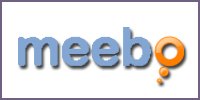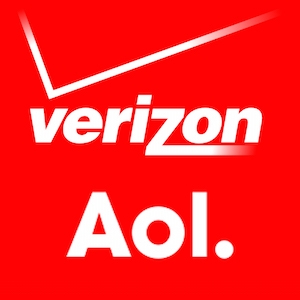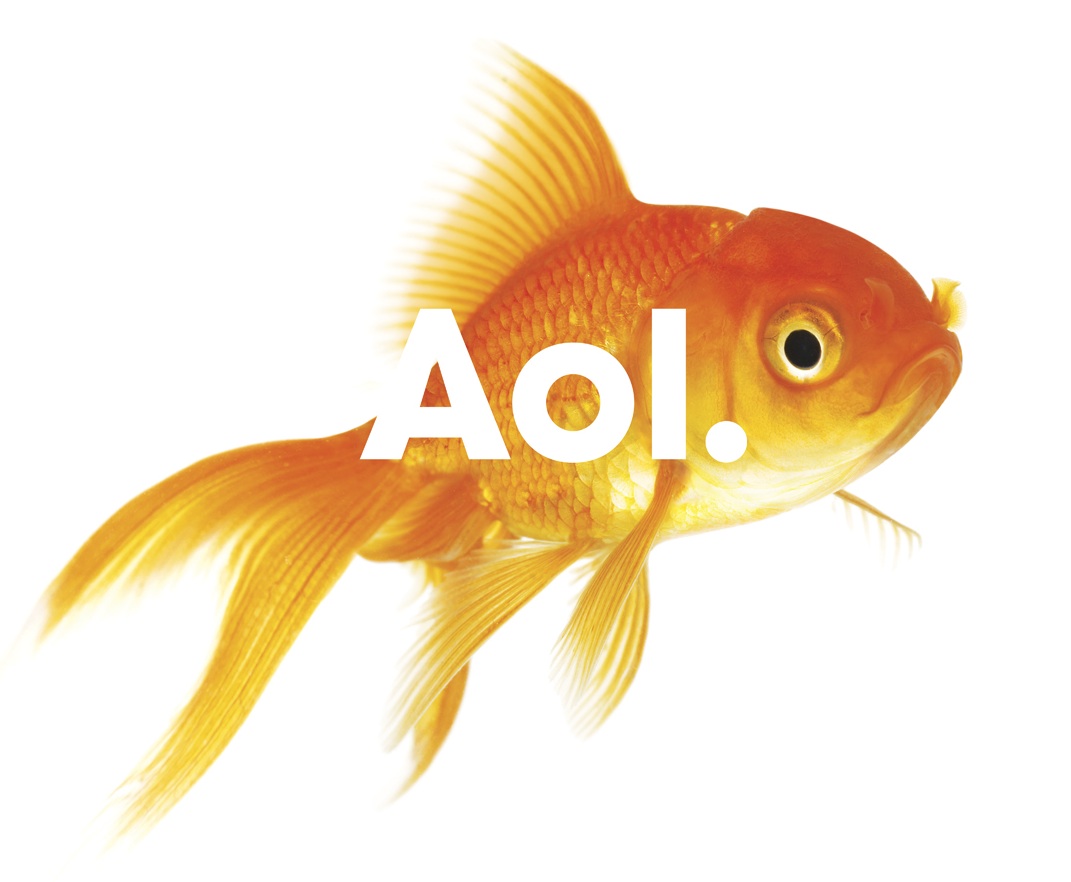I saw the annoucement last week (and news stories) of the new AOL CEO, Randy Falco, and got to wondering, if I’m in charge of running AOL which is now in the business of monetizing traffic to AOL.com and other pages, how would i do it? A few thoughts came to mind….
 First, i would buy the best, more user-friendly and one of hte most popular social networks around – Facebook. With facebook, you not only get a great social network, but you also get one of the best photo-sharing applications on the internet. Then i would merge it with AIM, change all AIM-pages to be facebook pages, and place the mini-feed on every users home AOL.com page. That would drive traffic. Granted, it would take a long time to get everything on the same platform (calendar, aim, mail, etc.) but facebook’s interface and features are much, much better than AOL’s. Everyone’s speculating about Yahoo buying facebook, why not AOL? AOL has just as much cash and just enough desire to monetize their traffic. It’s almost as if everyone assumes AOL is dying and isn’t going to invest in their future.
First, i would buy the best, more user-friendly and one of hte most popular social networks around – Facebook. With facebook, you not only get a great social network, but you also get one of the best photo-sharing applications on the internet. Then i would merge it with AIM, change all AIM-pages to be facebook pages, and place the mini-feed on every users home AOL.com page. That would drive traffic. Granted, it would take a long time to get everything on the same platform (calendar, aim, mail, etc.) but facebook’s interface and features are much, much better than AOL’s. Everyone’s speculating about Yahoo buying facebook, why not AOL? AOL has just as much cash and just enough desire to monetize their traffic. It’s almost as if everyone assumes AOL is dying and isn’t going to invest in their future.
 Buy Meebo
Buy Meebo
AIM is one of the most precious assets AOL has and it is being threatened by Meebo. I would buy it immediately and make all meebo-me widgets become AIM widgets and place them all over the web and inside the recently purchased AOL-facebook pages.
Streaming Music Locker
Subscription streaming. AOL should abandon the WMA format and go for only streaming. In an iPod world, the only way to play is to make your server compatible with iTunes and that means abandoning DRM and/or simply abandoning any local download. A service like last.fm + mp3tunes would go a long way.
Video
Go all-flash as DRM instead of Windows Media so mac users can play. Have it all hosted so you can access anywhere and watch anywhere.
Mail
Build, Buy or do whatever it takes to do a SERIOUS upgrade to your mail application. Mail is the largest driver of ad inventory and if you’re service is completely ad-based, this should be your #1 priority. It’s been over 2 years since Gmail launched, you would think someone at AOL would have noticed how to please mail users. Where is unlimited storage, where are ajax-features to reduce latency, where? AOL mail is by far the worst webmail application on the internet. It needs to be fixed.
Voice
AOL bought 3 voice companies between 2000 and 2003: eVoice, Quack, and another one from Canada (i’m forgetting the name). AOL made serious investment in voicemail, voice recognition and other voice services. From what i can tell, all that has been completely abandoned. I would restart this effort and do more click-to-talk services, similar to Google’s. However, all of AOL’s services are tied into mail and AIM making them more attractive. For instance, it would be easy to do click-to-talk and then save to mp3 which would be put into your music streaming locker.
These are just a few of the things i’d do. What do you all think? I think Randy’s in for a tough job and i’m not bullish on AOL’s chances. I think the most successful internet companies are run by those who understand the technology and can see the trends coming. Google embraces technology and let’s it unlock new opportunities and i don’t see somewhat who’s entire background is in TV and TV ad-sales pushing AOL into new models and opportunities. That’s just my initial reaction. Then again, Terry Semel’s done a good job at Yahoo, so who knows.


 Lots of the criticism came from AOL’s expenses in producing content and skepticism that they will ever make enough money on the content they are producing. It also came out that they are spending $160 million a year on Patch which equals about $150k a year on each site. One analyst (Robert Peck at Quasar Capita) said about AOL, “If you sell lemonade for $1 and it costs $800 to make it, that’s not a great business.”
Lots of the criticism came from AOL’s expenses in producing content and skepticism that they will ever make enough money on the content they are producing. It also came out that they are spending $160 million a year on Patch which equals about $150k a year on each site. One analyst (Robert Peck at Quasar Capita) said about AOL, “If you sell lemonade for $1 and it costs $800 to make it, that’s not a great business.”

![Reblog this post [with Zemanta]](http://img.zemanta.com/reblog_e.png?x-id=96452e70-07bd-4e44-87c8-f1e630f9582c)

 First, i would buy the best, more user-friendly and one of hte most popular social networks around – Facebook. With facebook, you not only get a great social network, but you also get one of the best photo-sharing applications on the internet. Then i would merge it with AIM, change all AIM-pages to be facebook pages, and place the mini-feed on every users home AOL.com page.
First, i would buy the best, more user-friendly and one of hte most popular social networks around – Facebook. With facebook, you not only get a great social network, but you also get one of the best photo-sharing applications on the internet. Then i would merge it with AIM, change all AIM-pages to be facebook pages, and place the mini-feed on every users home AOL.com page.  Buy Meebo
Buy Meebo
 stamp. Look at
stamp. Look at  This completely annoys me. I want people to develop a site until it’s worthy for people to use and then put it out. If it is available for anyone to use – it’s ready. Call it version 1.0. People know what 1.0 means, it means the first iteration. As you fix it and add features, you can go to 1.2, 1.5, 2.0, whatever. But keeping a product in perpetual beta mode is just wrong – have the balls to actually take the training wheels off and see if you can ride.
This completely annoys me. I want people to develop a site until it’s worthy for people to use and then put it out. If it is available for anyone to use – it’s ready. Call it version 1.0. People know what 1.0 means, it means the first iteration. As you fix it and add features, you can go to 1.2, 1.5, 2.0, whatever. But keeping a product in perpetual beta mode is just wrong – have the balls to actually take the training wheels off and see if you can ride. eir page they have a “beta meter” where users can vote whether their service is stable enough to come out of beta. That’s a great idea. It’s the users who you’re trying to please and if they deem the service solid, then it probably is. This is a company that Google bought earlier this year to build their Google Suite that i’ve speculated about for many a moon.
eir page they have a “beta meter” where users can vote whether their service is stable enough to come out of beta. That’s a great idea. It’s the users who you’re trying to please and if they deem the service solid, then it probably is. This is a company that Google bought earlier this year to build their Google Suite that i’ve speculated about for many a moon. 2.
2.